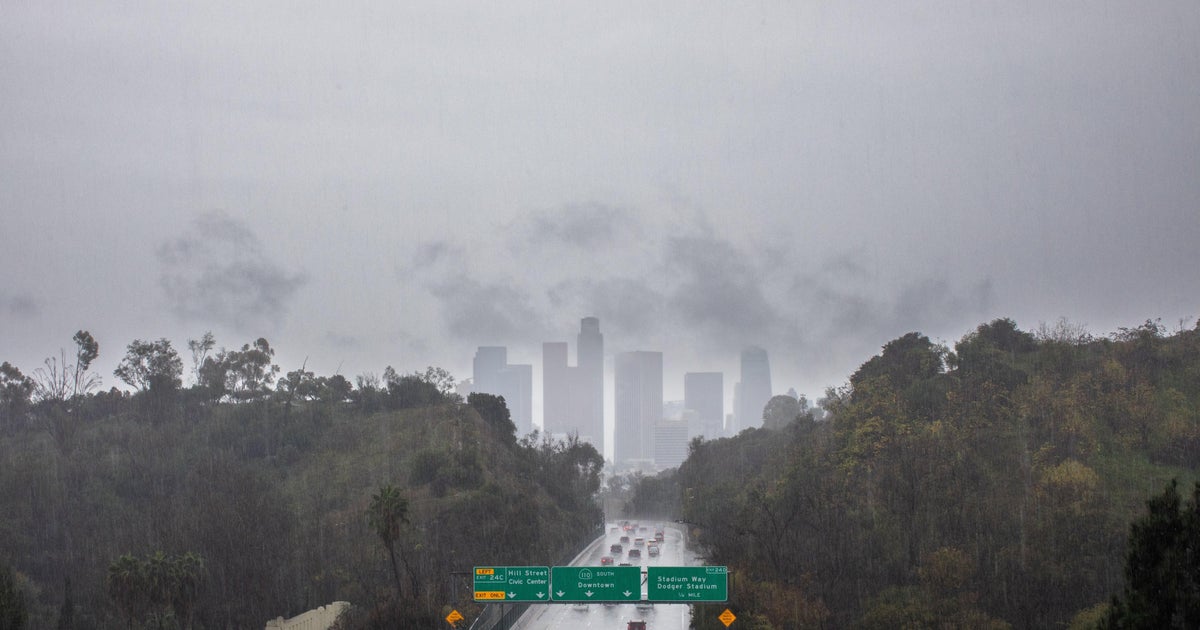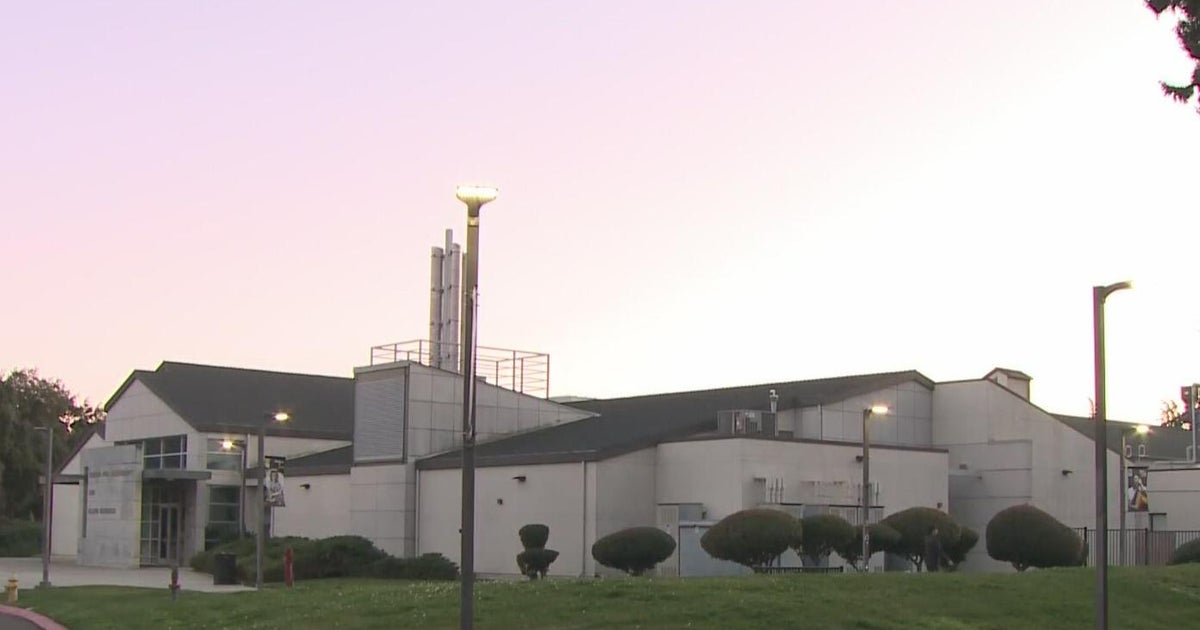Global temperatures smash September heat records
SAN FRANCISCO -- At San Francisco's Crissy Field, it was sizzling hot on Thursday.
"It's the hottest day on this date since 1987 and I love it," said Eric Martinez. "It's toasty," Sahil Rahman agreed.
"It feels really friggin' hot actually," added Morgan Smith.
A dip in the cool water of the bay brought relief for many but, for Rahman and Smith, there was lingering unease.
"It's way hotter ... I've been here quite a few times and I'm shocked," Rahman said.
"I think a lot of people here are enjoying the weather but also doing so with a bit of fear," Smith said.
According to a new report, fear and concern appear to be justified.
The Copernicus Climate Change Service released new data about the average global temperatures and one climate scientist declared the increase in numbers "gobsmackingly bananas."
Not only is 2023 on track to be the hottest year on record but the annual average temperature will be 2.5 degrees Fahrenheit hotter than preindustrial levels.
This new evidence reveals how world temperatures are rising at a pace that's shocking even experts.
The planet's average temperature in September has now shattered the previous record by nearly a full degree Fahrenheit. That's the largest monthly margin ever observed.
"The September temperatures data are mind-blowing. They're beyond anything climate scientists have expected to see at this point," said Dr. Peter Gleick. Gleick is senior Fellow, co-founder and president emeritus at the Pacific Institute in Berkeley.
Gleick told KPIX that, while the strong El Nino now developing does play a role in these record-breaking temperatures, it's certainly not the main driver.
"It cannot account for the magnitude of the increase we've seen. Not just in September -- these astounding Sept. temperatures -- but North America experienced its hottest summer on record. June, July, August. It's been a relentless series of high temperatures," Gleick explained.
The main driver according to Gleick is human-caused climate change. Human activities that are adding greenhouse gases to the atmosphere and warming the planet.
"That's what we're seeing now and the high temperature -- the astounding high temperatures -- are a symptom of that," Gleick said.
AsSmith and Rahman were both grateful for such a beautiful day by the bay but their emotions remain mixed and complicated.
"Where are we headed? What is it that we've created and what do we do now?" Rahman asked.
Dr. Gleick cautioned that the world needs to deal with the consequences of these climate changes and that we can no longer avoid how to adapt to these higher temperatures. He said possible solutions include dealing with the changes in water management systems and reducing greenhouse gas emissions however nations can.
He added that California has been aggressive in taking appropriate steps but that the United States and the world can be more aggressive.







